CANCER : Oxidative Stress and Dietary Antioxidants 2nd Edition
Cancer: Oxidative Stress and Dietary Antioxidants, Second Edition, covers the science of oxidative stress in cancer and the potentially therapeutic usage of natural antioxidants in the diet or food matrix. The processes within the science of oxidative stress are described in concert with other processes, such as apoptosis, cell signaling, and receptor-mediated responses. This approach recognizes that diseases are often multifactorial and that oxidative stress is a single component. Other sections cover new organ site tumors―skin and liver cancer, the role of polymorphisms, cytochrome p450s, COX gene, fatty acids, apoptosis, T cells and mitochondria, prevention/protection with anthocyanins, esculetin, nanoparticles, and more.
This book is a valuable resource for cancer researchers, oncologists, nutritionists and other members of the biomedical field who are interested in enhancing treatment outcome, improving the quality of life of patients, and developing new treatments in the fight against cancer.
$13.99
In stock
Additional information
| Publisher |
|---|
Showing 337–348 of 352 resultsSorted by latest
-

Perez & Brady’s Principles and Practice of Radiation Oncology (Perez and Bradys Principles and Practice of Radiation Oncology) 7th Edition
$49.99 Add to cart -
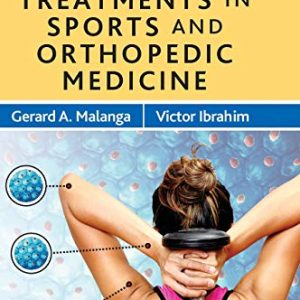
Regenerative Treatments in Sports and Orthopedic Medicine 1st Edition
$11.99 Add to cart -

Robotic Radiosurgery Treating Prostate Cancer and Related Genitourinary Applications
$7.99 Add to cart -

TNM Classification of Malignant Tumours, 8th Edition
$7.99 Add to cart -

WHO Classification of Head and Neck Tumours (WHO Classification of Tumours) 4th Edition
$12.99 Add to cart -

WHO Classification of Skin Tumours (WHO Classification of Tumours) 4th Edition
$12.99 Add to cart -

WHO Classification of Tumours of Endocrine Organs 4th Edition
$12.99 Add to cart -

WHO Classification of Tumours of Haematopoietic and Lymphoid Tissues Revised Fourth Edition
$12.99 Add to cart -

Simplified and Illustrated Breast Pathology, 1st Edition
$14.99 Add to cart -

Surgical Oncology : Theory and Multidisciplinary Practice E-BOOK, Second Edition
$9.99 Add to cart -

Manual of Clinical Oncology 8th Edition-ORIGINAL PDF
$14.99 Add to cart

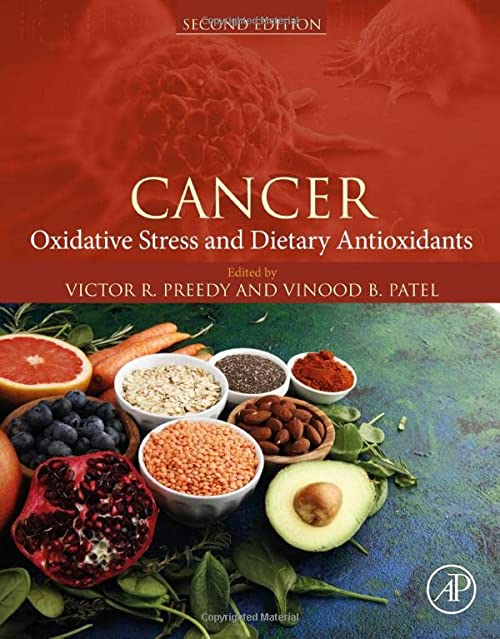
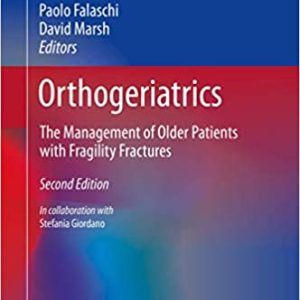
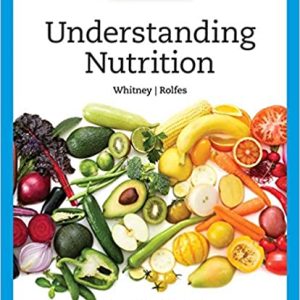
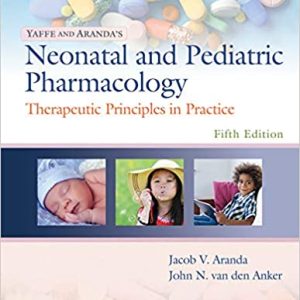
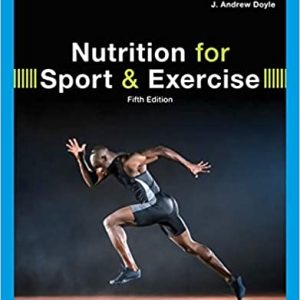

Review
From the Back Cover
Cancer: Oxidative Stress and Dietary Antioxidants, Second Edition bridges the transdisciplinary divide and covers in a single volume the science of oxidative stress in cancer and then the potentially therapeutic usage of natural antioxidants in the diet or food matrix. The processes within the science of oxidative stress are described in concert with other processes such as apoptosis, cell signaling, and receptor-mediated responses. This approach recognizes that diseases are often multifactorial and that oxidative stress is a single component of this.
The second edition is revised and updated with the most recent and relevant developments of the field, including new organ site tumors―skin and liver cancer; the role of polymorphisms, cytochrome p450s, COX gene, fatty acids, apoptosis, T cells and mitochondria; prevention/protection with anthocyanins, esculetin, fruits, vegetables, nanoparticles, tannic acid, thymol, curcumin, and micronutrients.
This book is a valuable source for cancer researchers, oncologists, nutritionists, and several members of biomedical field who are interested in enhancing treatment outcome, improving the quality of life of patients, and developing new treatments in the fight against cancer.
About the Author
Dr. Patel is a Reader at the University of Westminster. After completing his PhD at King’s College London, he continued his research experience by undertaking his post-doctoral studies in the laboratory of Professor Cunningham in the Department of Biochemistry at the Wake Forest University School of Medicine, (Winston-Salem, NC, USA). This extensive project involved investigating mechanisms of hepatic mitochondrial ribosome dysfunction in alcoholic liver disease (ALD) using biophysical and proteomic techniques. These studies have led to new avenues in determining the pathology of ALD. His teaching areas at both post-graduate and undergraduate levels include clinical biochemistry, investigative pathology and laboratory investigation.